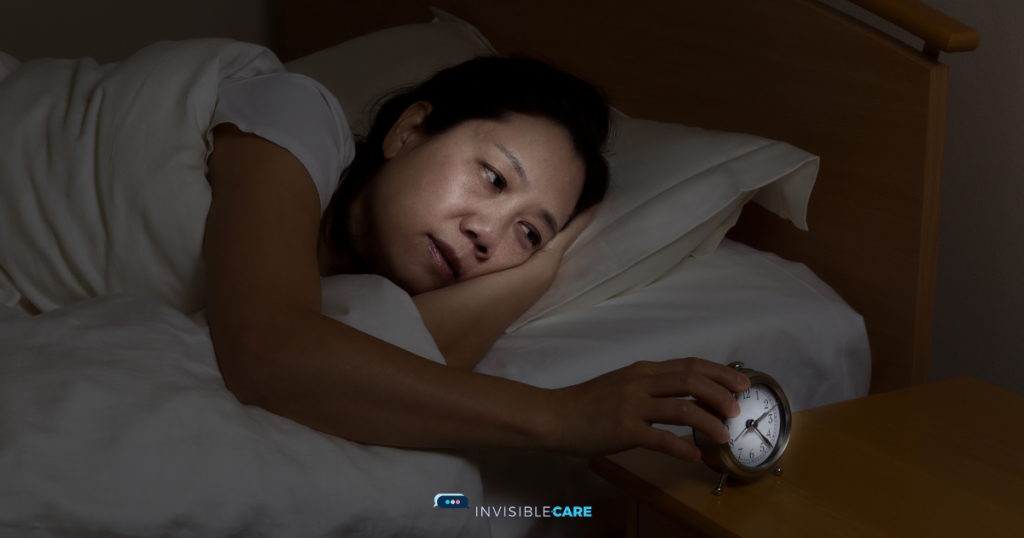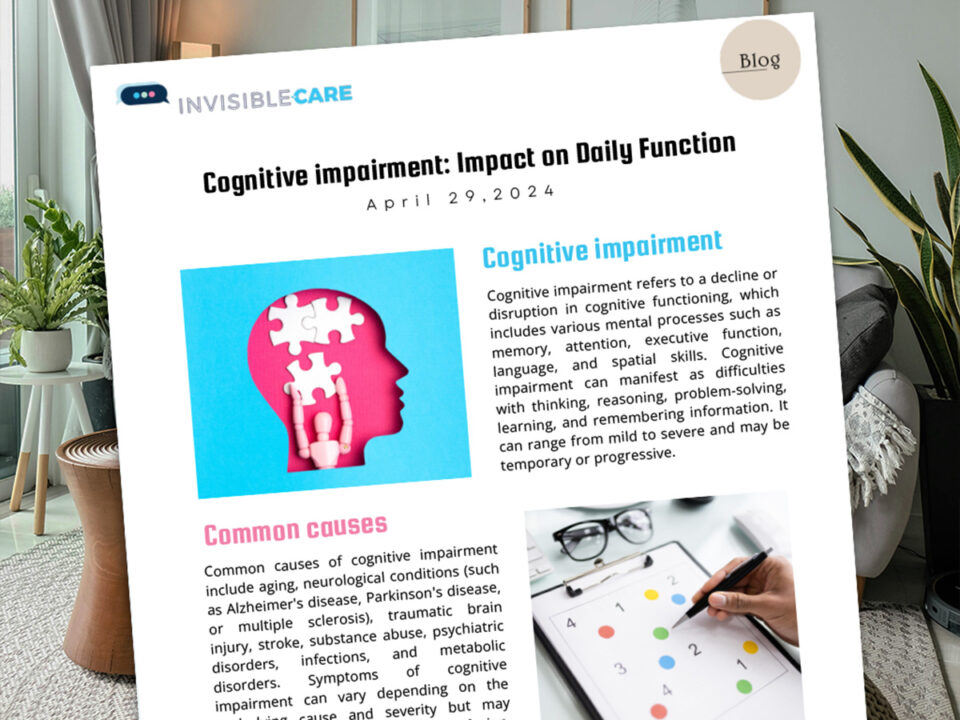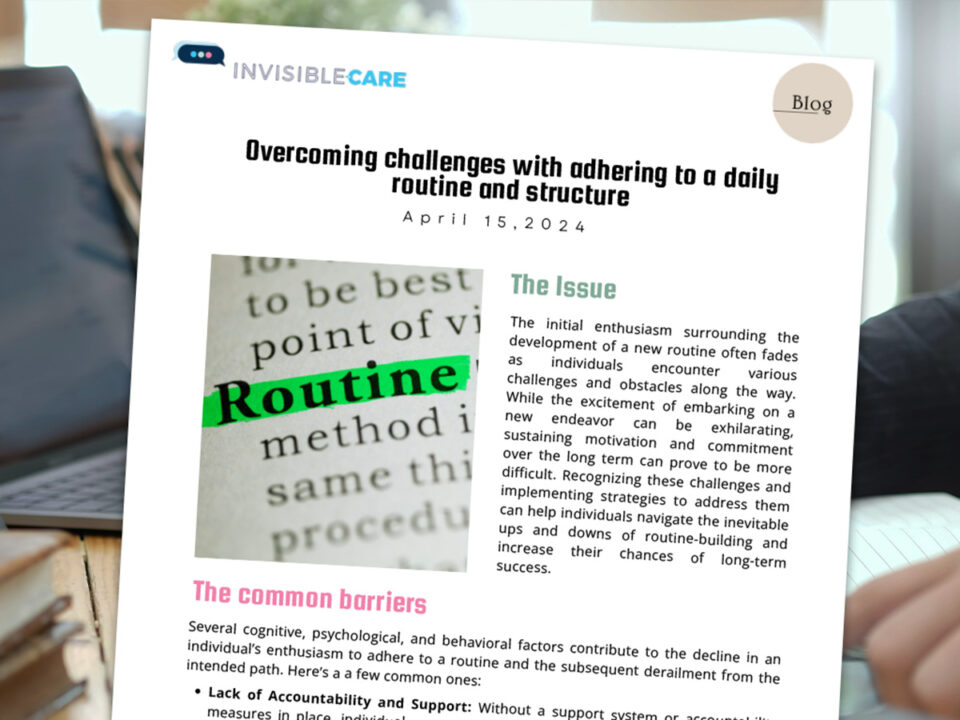
Practicing Gratitude in a Pandemic
May 3, 2021
Why Morning Routines are an Essential Start to Your Day!
August 29, 2021Sleep isn’t just an issue at night.
It is a 24-hour problem affecting our daily occupational engagement.
Sleep is a common problem that many of us suffer from. Did you know that ideally, adults should be getting between 7-9 hours of sleep every night ?! And that it’s estimated that at least 35% of adults are not getting enough sleep?!
Journal Sleep even goes so far as to suggest that both short (<6.5 hours) and long (≥9.5 hours) sleep were associated with higher mortality.
Sleep issues are costly and can be dangerous!
- You are at an increased risk of injury, accident and death.
- You are at an increased risk of disease and poor recovery outcomes
- Both under and oversleeping can be detrimental on your health outcomes

Poor sleep impacts your body’s ability to repair itself. You can be left feeling fatigued, irritable and in a low mood. Not only that, but poor sleep also reduces your quality of life.
Sleep isn’t just an issue at night. It is a 24-hour problem affecting our daily occupational engagement.
Getting a good sleep improves your attention span, memory formation and your ability to learn. It also regulates your mood.
During sleep, our muscles relax, enabling blood flow to increase throughout our bodies. Increased blood flow means that more oxygen and nutrients are delivered to the muscles.
Here are some tips to help you get a good night’s sleep, starting tonight!
- Limit the amount of time you spend in bed not sleeping – bed should only be for sleep and sex!
- Wake up at the same time every morning and go to bed at the same time every night.
- Increase the amount of exercise you do during the daytime. Your daytime activity has a lot to do with your nighttime rest.
- Don’t drink alcohol to help you get to sleep, as it disrupts your sleep later in the night.
- Limit your intake of caffeine – the stimulant can stay in your system for up to 8 hours.






